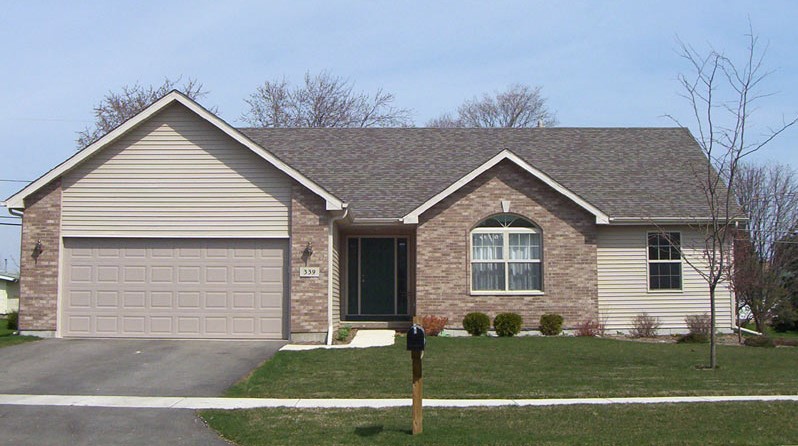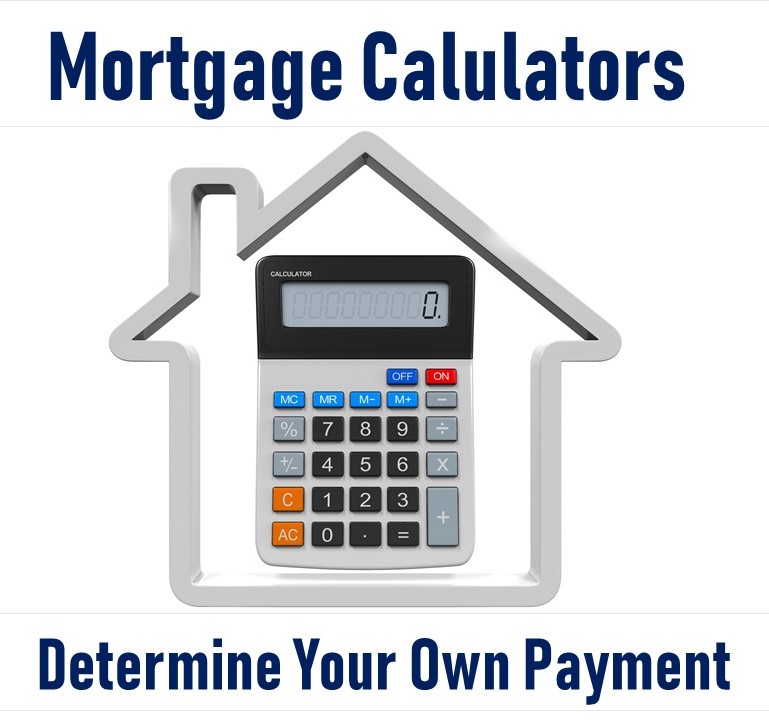BRRRR strategy can provide passive income and a revolving method for purchasing and owning rental property. The method works through the following steps: Buy a property: The property you purchase should be a distressed property that needs some work to get […]
read more
Investor Loans
5 Things You Should Know Before Investing in a Turnkey Property
What is Turnkey Investing? At its core, turnkey real estate investing is where you buy already rehabbed, tenant-filled, managed properties that are producing positive cash flow. A lot of the extra work that goes into real estate investing is cut […]
read more
read more
Fannie Mae Reserve Requirements for Investors with Multiple Properties Owned
What Are Reserves? Reserves are liquid or near liquid assets that are available to a borrower after the mortgage closes. On every loan transaction, reserves are required to be verified as part of the approval process. Acceptable sources or reserves […]
read more
read more
Is It Too Soon to Refinance My Mortgage Loan?
Mortgage rates have fallen a great deal this year and millions of homeowners as well as investors might benefit by refinancing even if they bought a home just last year. Mortgage rates moved lower last week even though the broader bond market […]
read more
read more
5 Steps To Refinancing A Rental Property
With property values on the rise in many markets it is a good time to consider pulling equity out via a cash out refinance. Taking equity doesn’t work in every situation, but for some it is the ideal option to help grow their […]
read more
read more
Seven Secrets To Successful Single-Family Rental Real Estate Investing
Real estate investing in general, and single-family real estate investing in particular, is very different from buying stocks, commodities or most other investments. Real estate is a leveraged investment that has the potential for delivering excellent returns because the cash […]
read more
read more
Thing You Need to Know About a 1031 Tax Exchange
The identification period in an IRC Section 1031 delayed exchange begins on the date the taxpayer transfers the relinquished property and ends at midnight on the 45th calendar day thereafter. To qualify for a 1031 tax-deferred exchange, the tax code […]
read more
read more













